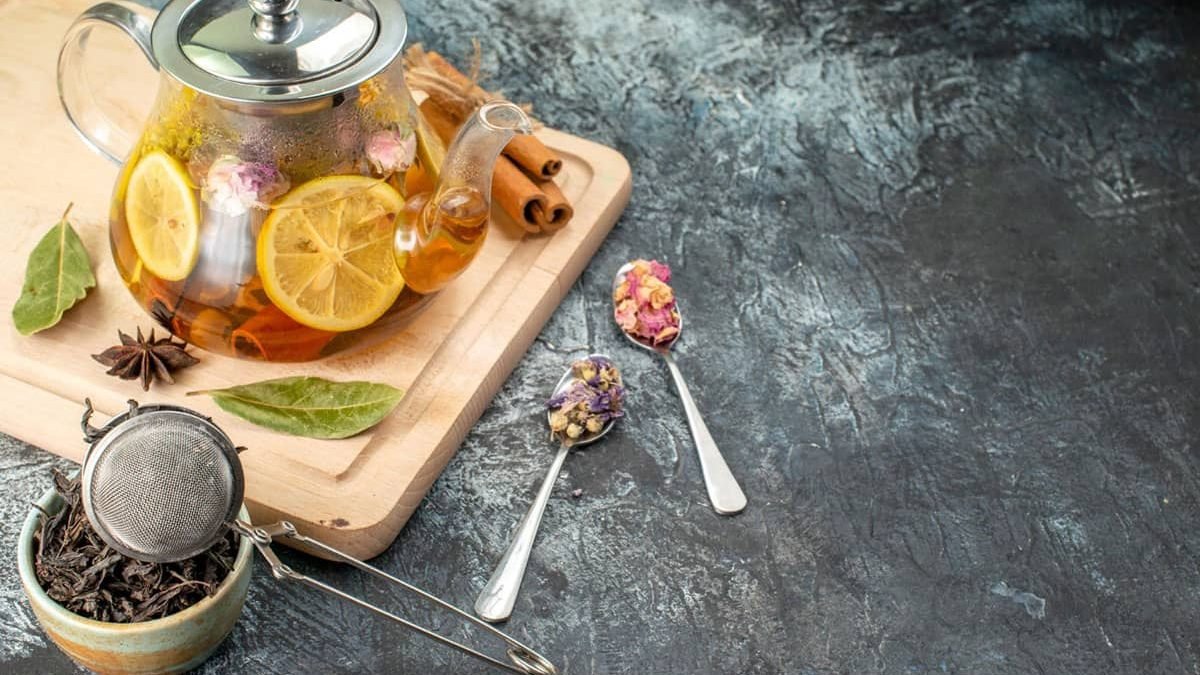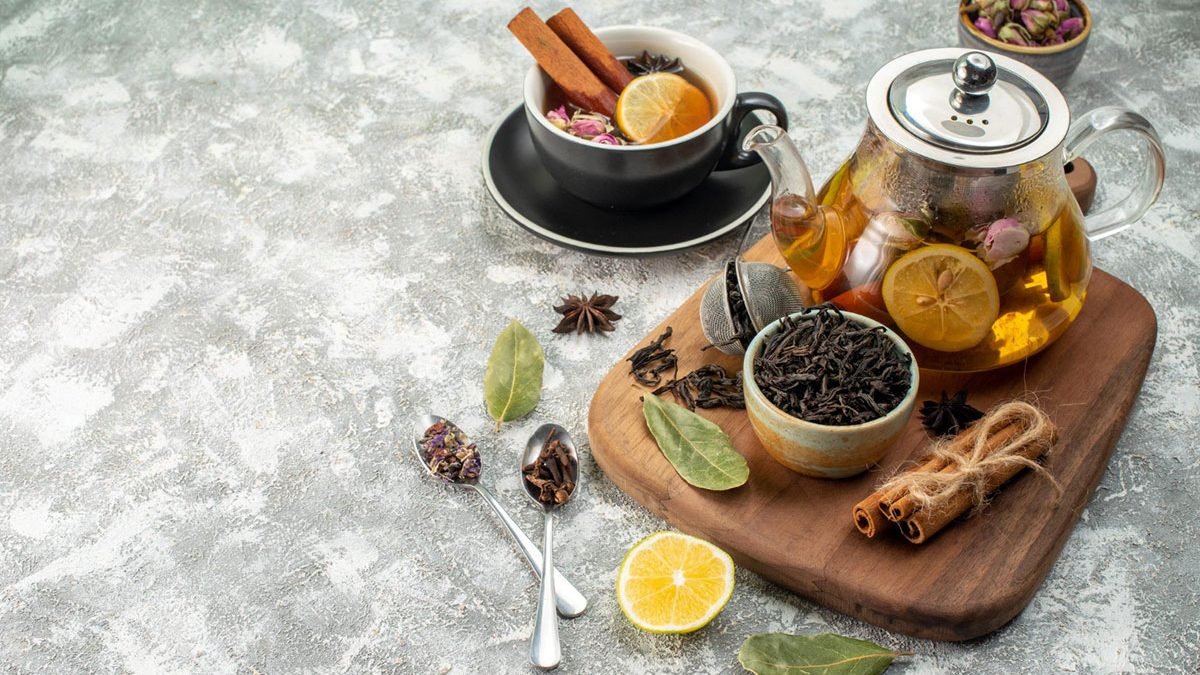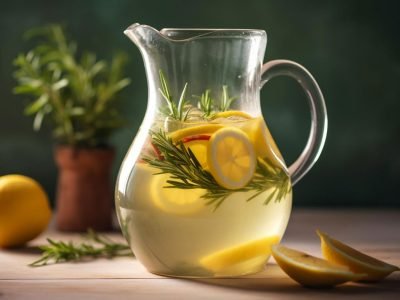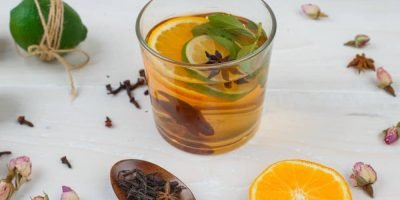6 Popular Bulgarian Herbs Abroad
There are many popular Bulgarian herbs abroad, and the favorable climate conditions in Bulgaria lead to these thriving and further enhancing the growth and potency of these medicinal plants.
Bulgaria, a small country nestled in the heart of Eastern Europe, boasts an incredible abundance of medicinal plants. With an average annual production of approximately 15,000 tons of herbs, this nation has emerged as a global powerhouse in the field of herbal medicine.
The rich biodiversity and favorable climate conditions have made Bulgaria a treasure trove for those seeking natural remedies. These plant species play a pivotal role in maintaining the ecological balance and supporting the health of both humans and wildlife.
Popular Bulgarian Herbs Abroad
Around 770 species, or roughly 19% of all plant species in Bulgaria, have medicinal properties. The country’s abundance and diversity of herbs make it a haven for natural medicine enthusiasts and researchers alike. Out of these 770 species, a staggering majority of around 760 are wild, highlighting the untapped potential and richness that Bulgarian nature holds within its borders.
With such a rich herbal heritage at its disposal, it’s no wonder that traditional medicine has been an integral part of Bulgarian culture for centuries. Herbs have long held a special place in Bulgarian culture and tradition. Local communities have relied on these plants for centuries to treat various ailments and promote overall well-being.
Bulgaria’s diverse landscapes provide the perfect ecosystem for countless herb species to thrive, from the majestic Rhodope Mountains to the fertile valleys along the Danube River.
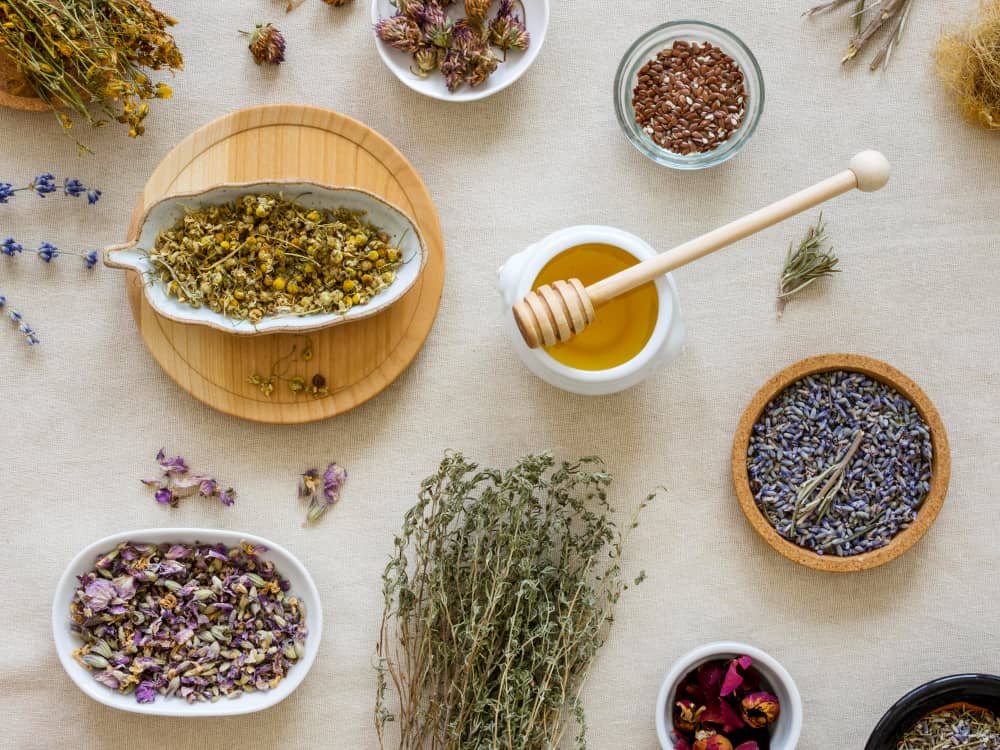
The vast array of medicinal plants found in Bulgaria includes chamomile, lavender, St. John’s wort, and valerian root – to name a few.
The Rhodope Mountains, located in southern Bulgaria, is one such habitat where medicinal plants thrive. This region boasts a wide range of endemic species that have been used for centuries by traditional healers. From St John’s wort to chamomile, these herbs contribute to the local economy through their use in herbal medicine and offer important ecosystem services such as soil stabilization and pollinator support.
One of the key factors contributing to Bulgaria’s abundance of medicinal plants is its geographical diversity. The country encompasses vast mountain ranges like Rila and Pirin, picturesque valleys such as Rose Valley and Thracian Plain, and fertile lands along the Black Sea coast. These varied terrains create ideal habitats for a wide range of herbs to thrive naturally.
Bulgaria is home to numerous medicinal herbs, making them a crucial part of the ecological network NATURA 2000.
According to the association representing Bulgarian herb producers, 80% of the country’s herbs are exported. This statistic highlights Bulgaria’s significant role in supplying global markets with high-quality herbs.
While Germany stands out as one of the leading destinations for Bulgarian herbs, other countries such as Switzerland, Italy, France, and Spain contribute to this flourishing export industry to over 50 countries.
The demand from international buyers is extreme due to the country’s strict cultivation standards and sustainable farming practices. The popularity of Bulgarian herbs can be attributed to their exceptional quality and authenticity.
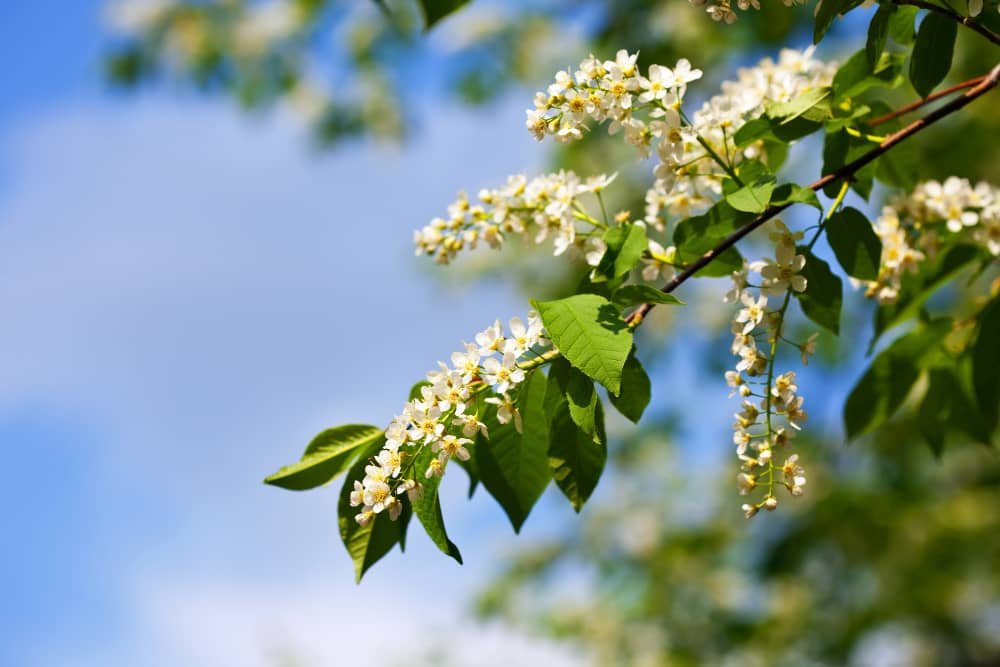
Nettle
Herbal remedies have been used for centuries to treat various ailments, and Bulgaria is no exception when it comes to embracing the healing power of nature. Among the popular herbs in Bulgaria, nettle herb holds a special place due to its numerous health benefits.
Nettle herb, scientifically known as Urtica dioica, has been traditionally used for its anti-inflammatory properties and is believed to provide relief from allergies, joint pain, and skin conditions, and there is no question why it’s another herb from the list with the most popular Bulgarian herbs abroad.
Nettle herb has gained immense popularity in Bulgaria due to its rich nutritional content. Packed with vitamins A, C, and K and minerals like iron and calcium, nettle herb acts as an excellent natural supplement. It is often consumed as tea or added to dishes such as soups or salads.
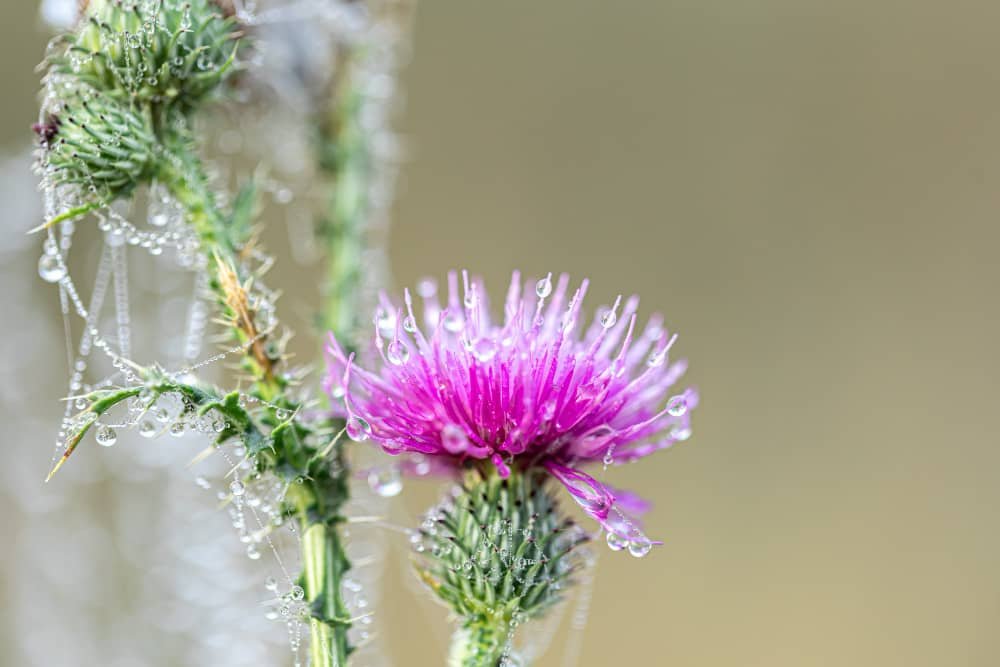
Milk Thistle
Bulgaria has a rich tradition of herbal medicine, and among the many widely used herbs, milk thistle stands out as one of the most popular. Known scientifically as Silybum marianum, milk thistle is native to Mediterranean countries and has been cultivated in Bulgaria for centuries.
Its medicinal properties have made it a staple herb in Bulgarian households, earning it a revered position among herbal enthusiasts. The popularity of milk thistle can be attributed to its numerous health benefits, and it is one of the famous Bulgarian herbs abroad.
This herb is renowned for its liver-protective properties and is often used to alleviate liver-related ailments such as hepatitis, cirrhosis, and fatty liver disease. It contains an active compound called silymarin, believed to have antioxidant and anti-inflammatory effects on the liver cells.
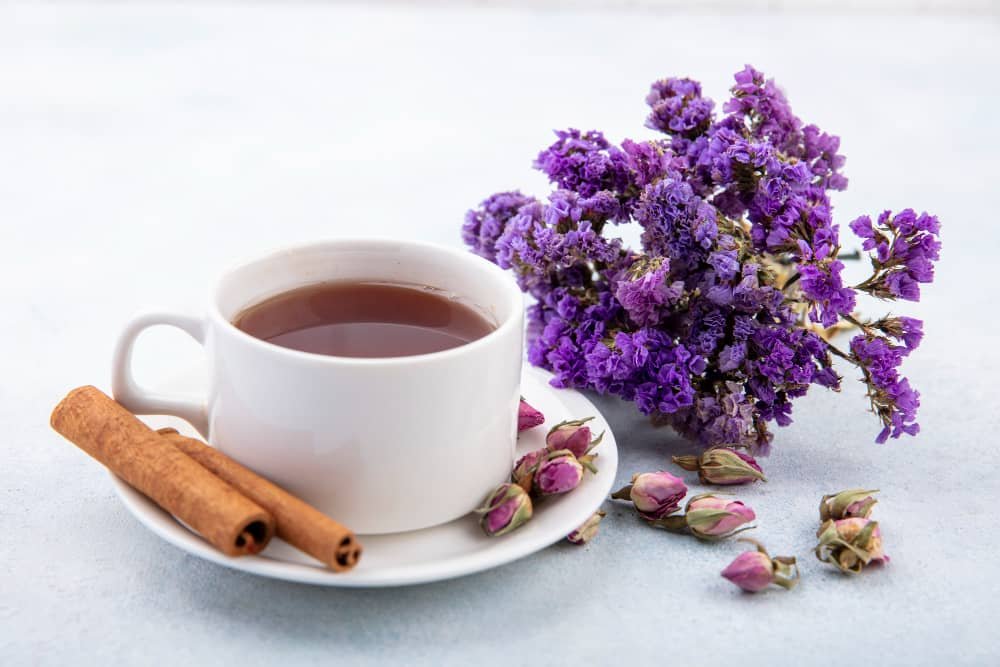
Lavender
Bulgaria, a country known for its rich cultural heritage and stunning landscapes, has also gained recognition for its vast array of aromatic herbs. Among these, lavender is one of the most beloved and popular choices. Its vibrant purple flowers and soothing scent have become an iconic symbol of Bulgarian nature and tradition.
Lavender cultivation in Bulgaria dates back centuries, with the fertile soil and favorable climate providing optimal conditions for this herb to thrive. The region’s unique geographic position between the Balkan Mountains and the Black Sea creates an ideal microclimate, contributing to the exceptional quality of Bulgarian lavender.
As a result, Bulgaria is now one of the world’s largest producers of lavender oil – a highly sought-after ingredient in perfumes, cosmetics, and aromatherapy products. And, of course, lavender is one of the most popular Bulgarian herbs abroad.
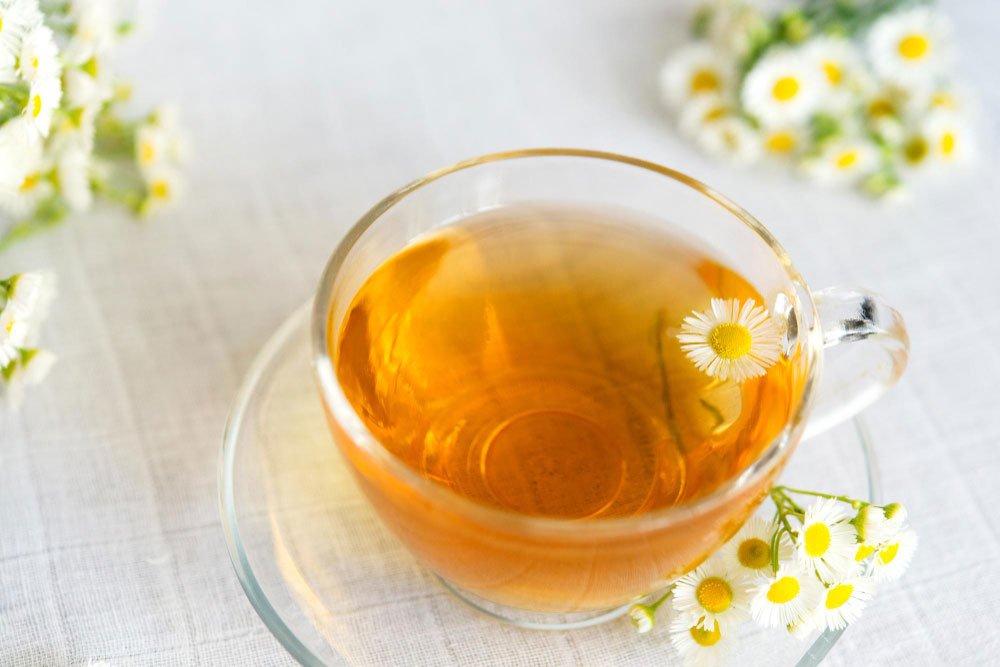
Chamomile
Bulgaria, a country known for its rich history and diverse culture, is home to many medicinal herbs that have been used for centuries. In Bulgarian traditional medicine, chamomile holds a special position among the assortment of botanical treasures. Its fragrant aroma and delicate white petals have captured the affection of Bulgarians.
Known as “levanderka” or “babina kosa” in Bulgarian, chamomile has long been cherished for its numerous health benefits. Its calming properties make it an excellent remedy for insomnia and anxiety. The herb is also celebrated for its ability to alleviate digestive issues such as bloating, indigestion, and stomach cramps, and it is one of the most popular Bulgarian herbs abroad.
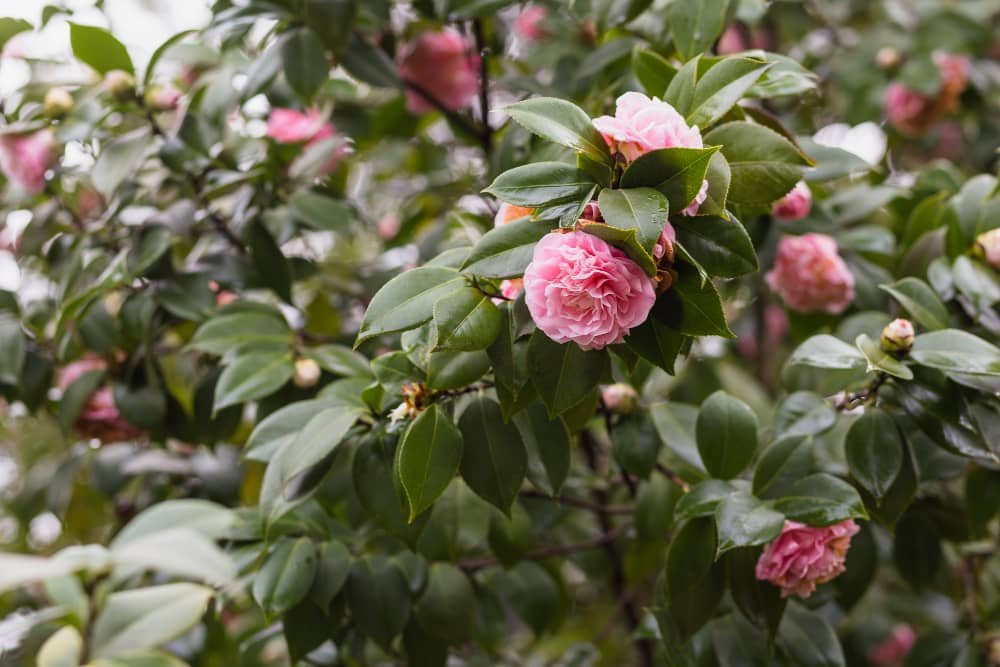
Rosa Damascena
Bulgaria, often called the “Rose Valley,” has gained worldwide recognition for its exquisite production of Rosa Damascena, a variety of roses known for its aromatic and therapeutic properties. This enchanting herb captivates not only with its mesmerizing fragrance but also with its numerous health benefits.
With its origins dating back to ancient times, Rosa Damascena has become an integral part of Bulgarian culture and tradition. There is no doubt that the Bulgarian rose is one of the most popular Bulgarian herbs abroad and is used as an ingredient in many cosmetic and medical products.
The cultivation of Rosa Damascena in Bulgaria is deeply rooted in history, as it dates back over three centuries. The unique geographical location and favorable climate conditions have made this Balkan country a perfect place for growing roses. Known for their velvety petals and delicate scent, these flowers are harvested during the early morning hours when they are at their peak fragrance.
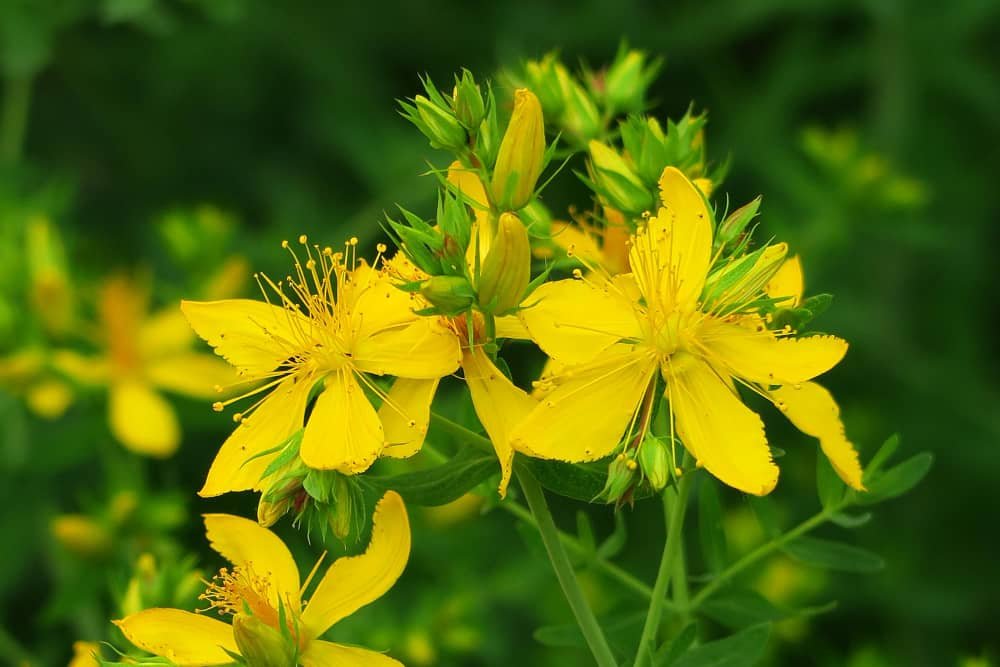
St. John’s wort
St. John’s wort, one of the most popular herbs in Bulgaria, is gaining widespread recognition for its numerous health benefits. This flowering plant, named after St. John the Baptist, has been used for centuries as a natural remedy for various ailments. Its vibrant yellow flowers and delicate leaves make it a beautiful addition to any garden or herbal collection.
Known scientifically as Hypericum perforatum, St. John’s wort contains potent compounds that have been found to possess antidepressant properties. It is widely utilized in Bulgaria as an alternative treatment for mild to moderate depression and anxiety disorders. The herb works by increasing serotonin levels in the brain, which helps regulate mood and promote emotional well-being.
In addition to its mental health benefits, St. John’s wort is also known for its anti-inflammatory properties and ability to heal wounds faster due to its antibacterial effects.
In conclusion, Bulgarian herbs have gained significant popularity and recognition abroad for their numerous health benefits and unique flavors. From the soothing properties of chamomile to the invigorating effects of rosemary, these herbs have captured the attention of chefs, herbalists, and consumers worldwide.
The demand for Bulgarian herbs grows as more people discover their exceptional quality and purity. Whether in teas, essential oils, or culinary creations, these herbs add a touch of authenticity and richness to any dish or remedy. Embrace the wonders of Bulgarian herbs and incorporate them into your daily routine for a healthier and more flavorful life.
Post Disclaimer
The information contained in this post is for general information purposes only. The information is provided as is and while we endeavour to keep the information up to date and correct, we make no representations or warranties of any kind, express or implied, about the completeness, accuracy, reliability, suitability or availability with respect to the website or the information, products, services, or related graphics contained on the post for any purpose.
These statements have not been evaluated by the FDA and are not intended to diagnose, treat, cure or prevent any disease or health condition. If you have specific healthcare concerns or questions about the products displayed, please contact your licensed healthcare professional for advice or answers.


